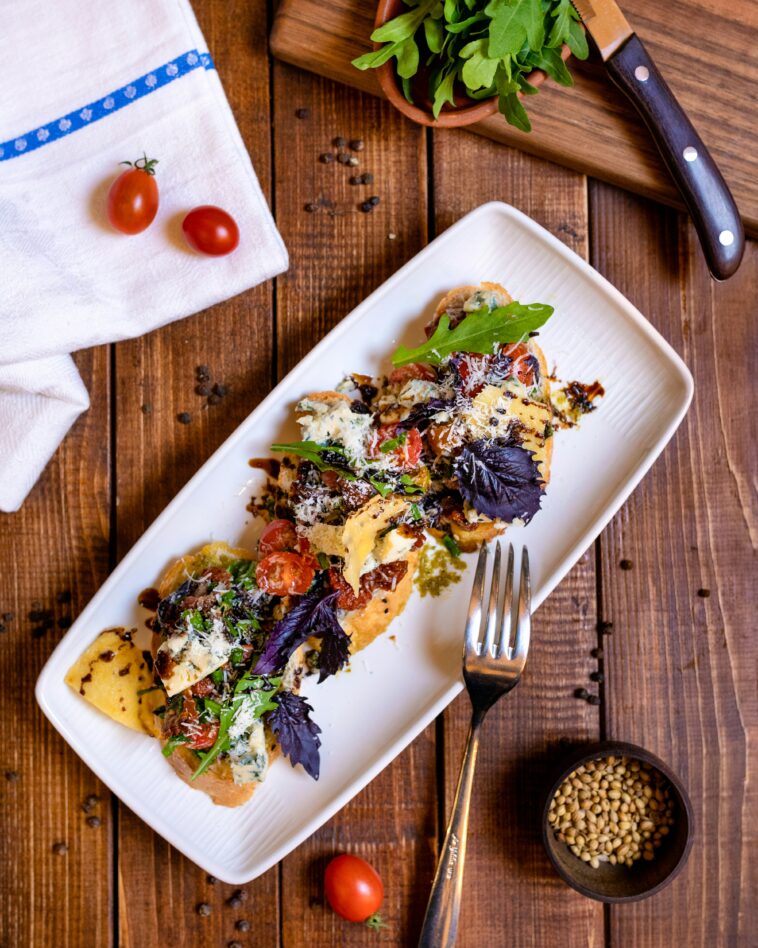Introduction:
French foie gras, with its sumptuous taste and centuries-old tradition, occupies a unique place in the world of gastronomy. From its ancient origins to modern-day controversies, the journey of foie gras reflects the interplay of cultural heritage, ethical considerations, and culinary innovation. This article explores the multifaceted landscape of French foie gras, tracing its historical roots, examining production methods, ethical dilemmas, and the creative ways in which chefs and producers are navigating the changing culinary landscape.
Cultural Legacy:
The tradition of foie gras can be traced back to ancient civilizations, where it was prized for its richness and flavor. In France, foie gras became synonymous with culinary excellence, enjoyed by royalty and commoners alike. Regional variations in production techniques and recipes have contributed to its diverse culinary heritage, with each region adding its unique touch to this cherished delicacy.
Production Practices:
Central to foie gras production is the controversial practice of gavage, where ducks or geese are force-fed to enlarge their livers. While this method has been used for centuries and is defended by traditionalists for its role in achieving the desired taste and texture, it has also faced criticism from animal welfare activists. In response, some producers have adopted alternative methods, such as free-range farming and ethical gavage, aimed at addressing concerns about animal welfare while preserving culinary traditions.

Ethical Considerations:
The ethical debate surrounding foie gras revolves around the practice of gavage and its impact on animal welfare. Critics argue that force-feeding causes unnecessary suffering to the birds, while proponents maintain that when done correctly, gavage is not harmful and is essential for producing high-quality foie gras. As consumer awareness of animal welfare issues grows, there is increasing pressure on the industry to adopt more humane and transparent practices.
Culinary Creativity:
Despite ethical controversies, foie gras remains a beloved ingredient in French cuisine, celebrated for its rich flavor and versatility. Chefs continue to explore innovative ways of incorporating foie gras into their dishes, from traditional terrines and pâtés to avant-garde creations that push the boundaries of taste and presentation. The creativity and ingenuity of chefs play a vital role in keeping foie gras relevant in the ever-evolving culinary landscape.
Sustainable Solutions:
In recent years, there has been a growing focus on sustainability within the foie gras industry. Producers are implementing practices aimed at reducing environmental impact, improving animal welfare, and promoting transparency throughout the production process. This includes initiatives such as organic farming, responsible sourcing of ingredients, and investing in research and development to find alternative production methods.
Conclusion:
French foie gras embodies the rich tapestry of culinary tradition, ethical dilemmas, and culinary creativity. Its journey from ancient delicacy to modern-day luxury reflects the complexities of the human-animal relationship and the evolving values of society. As the industry continues to adapt to changing consumer preferences and ethical standards, the future of foie gras will depend on finding a balance between tradition, innovation, and ethical responsibility.

